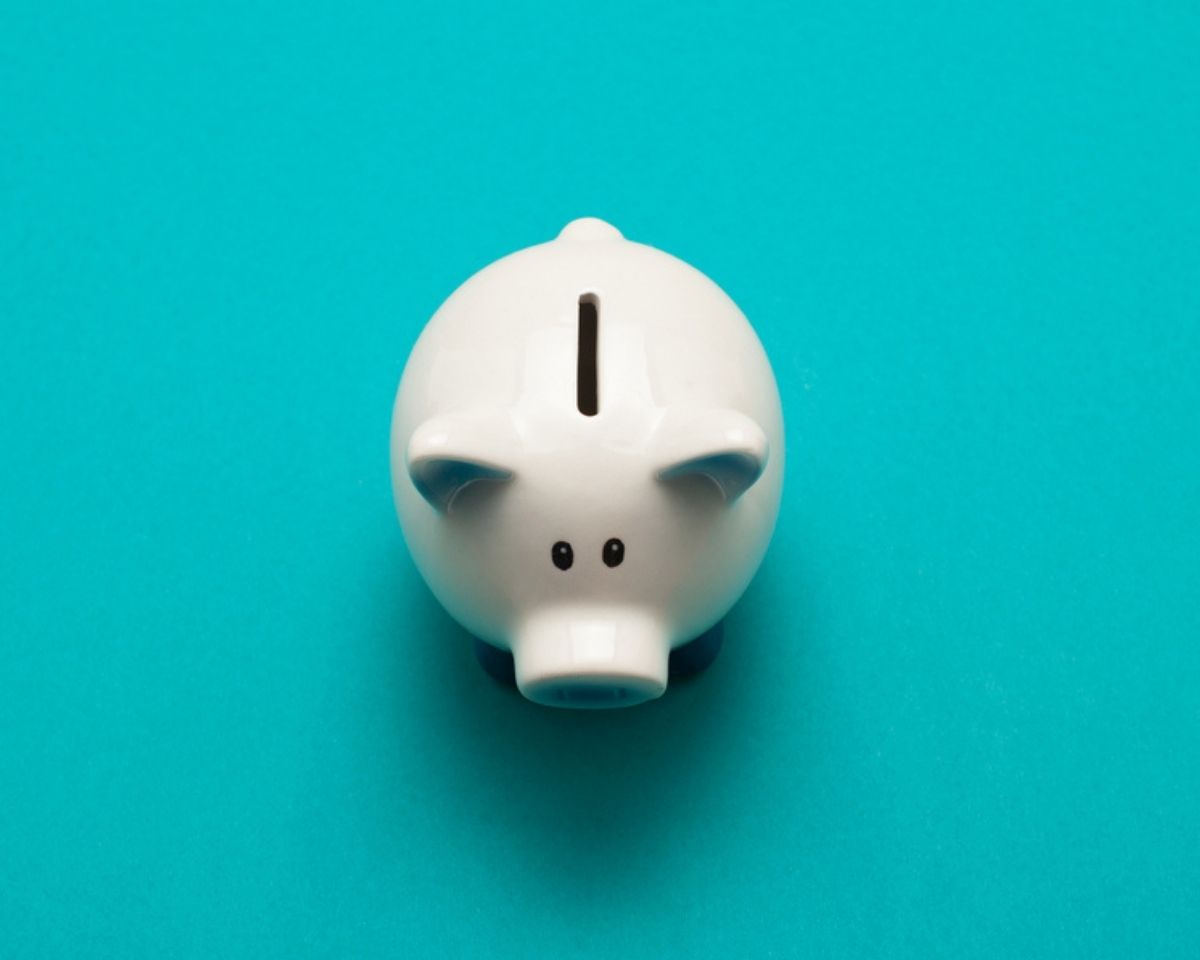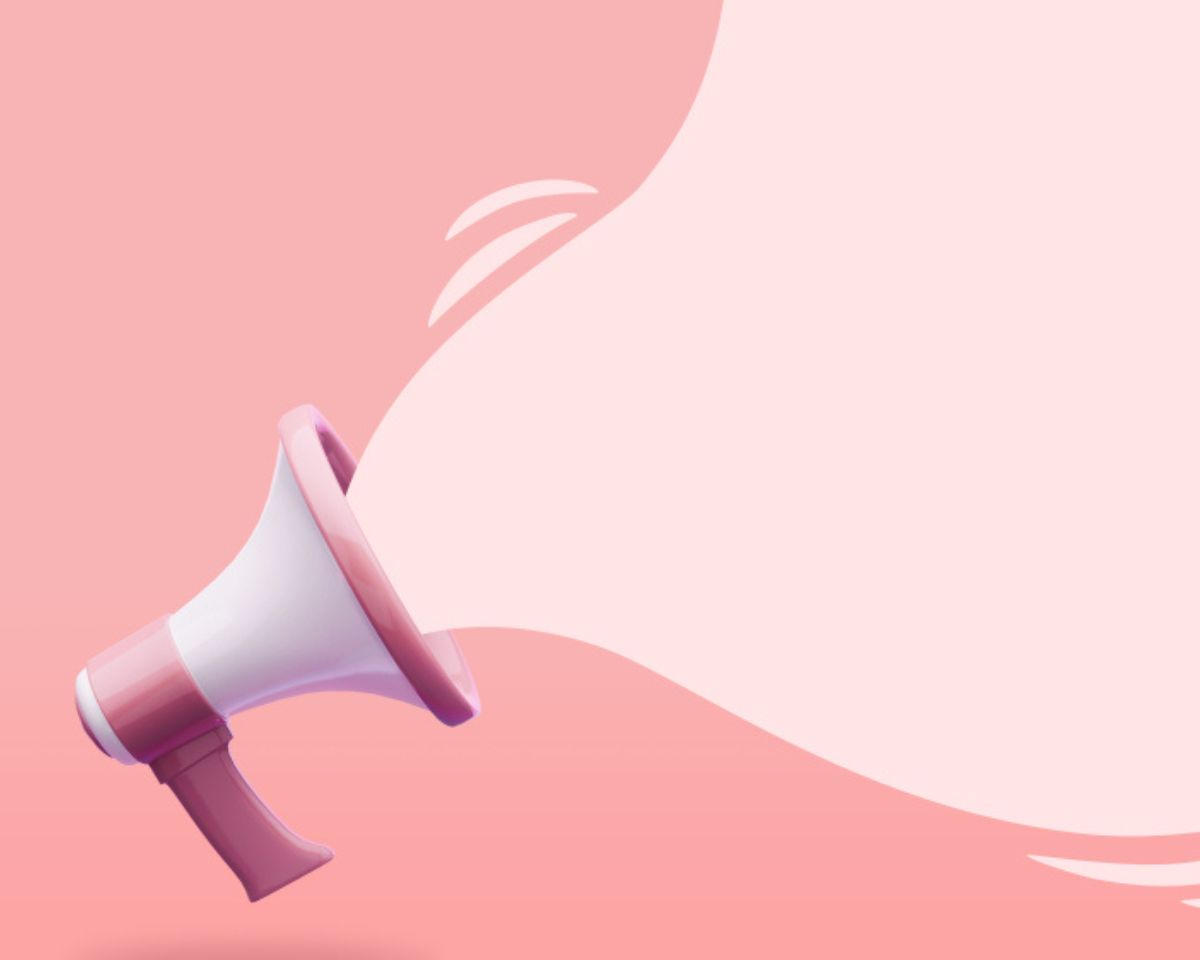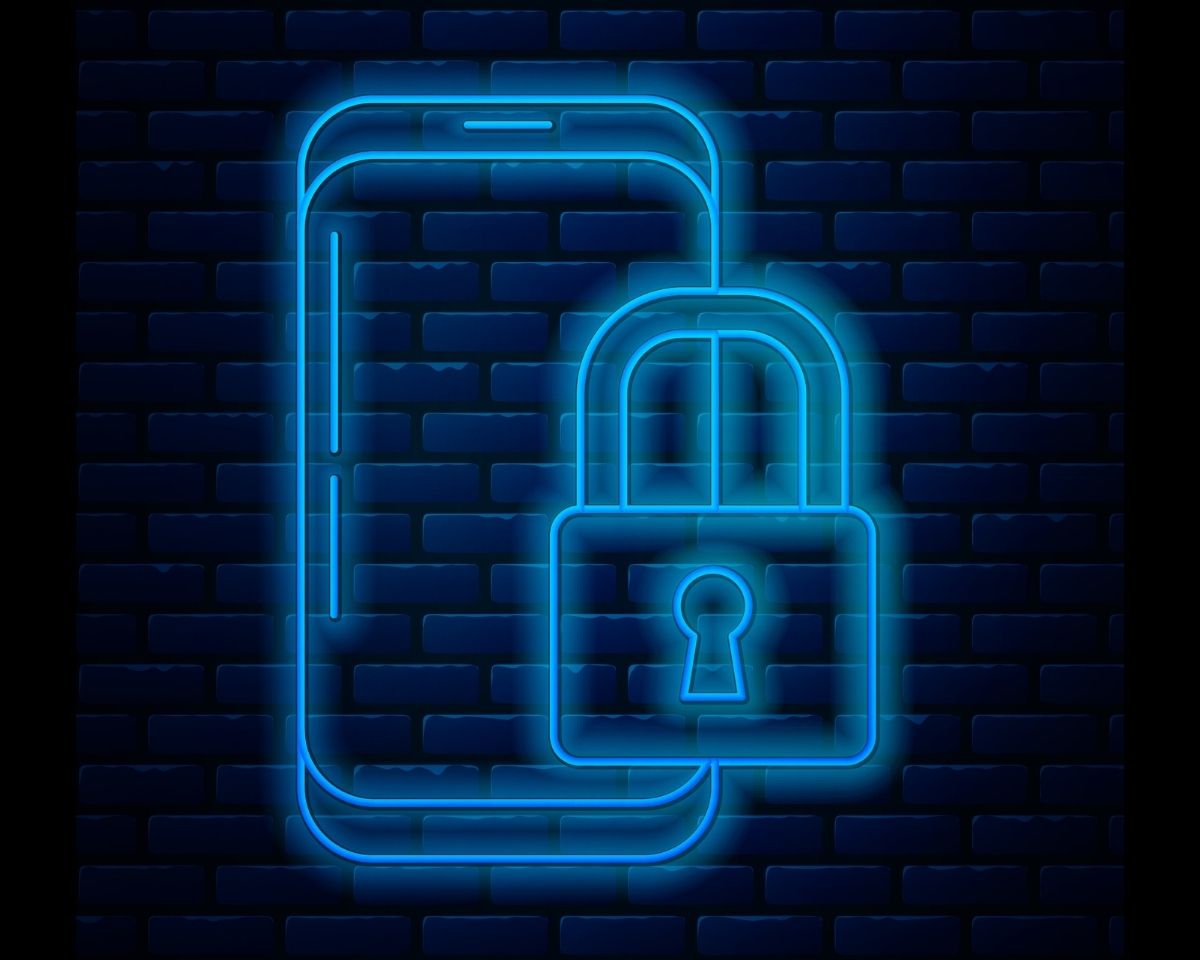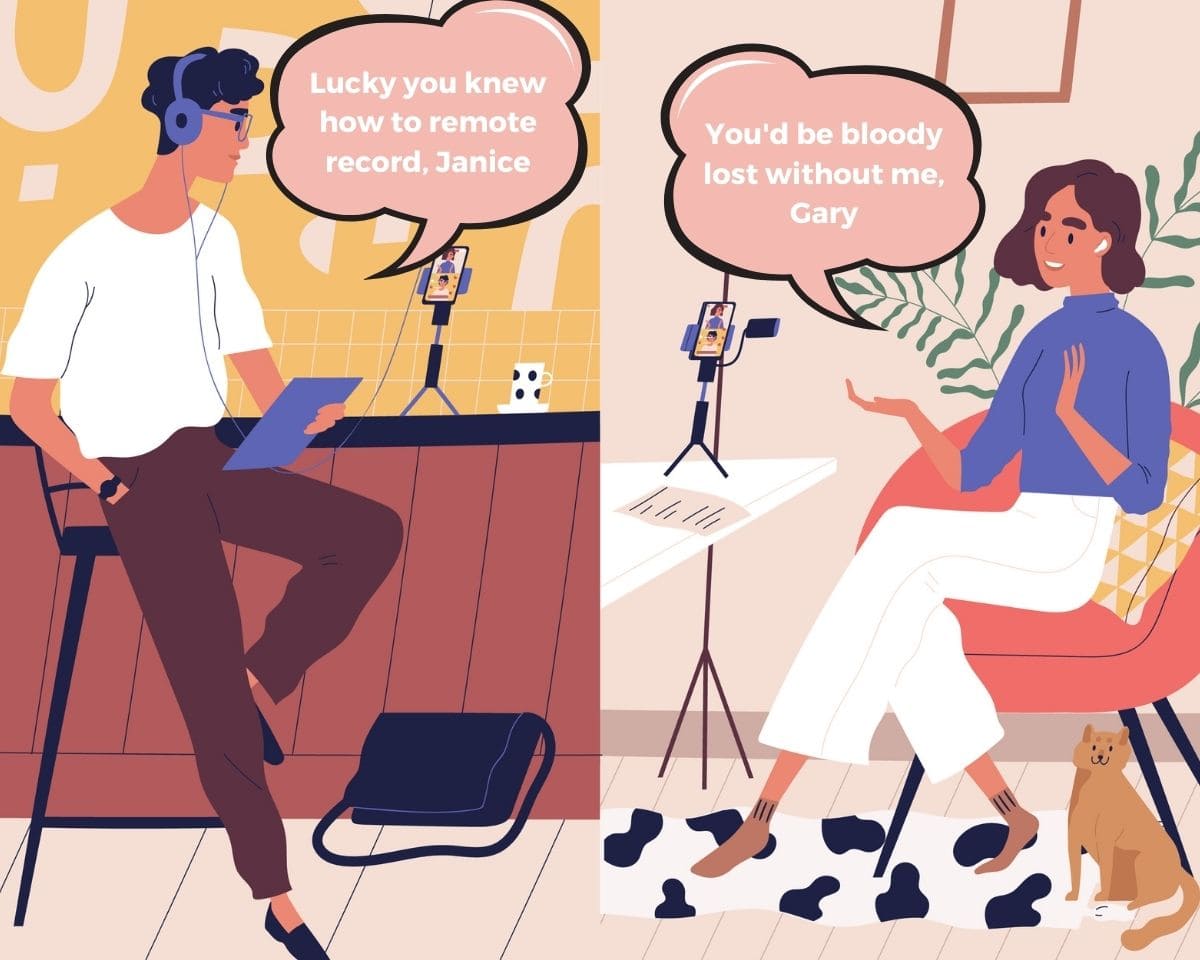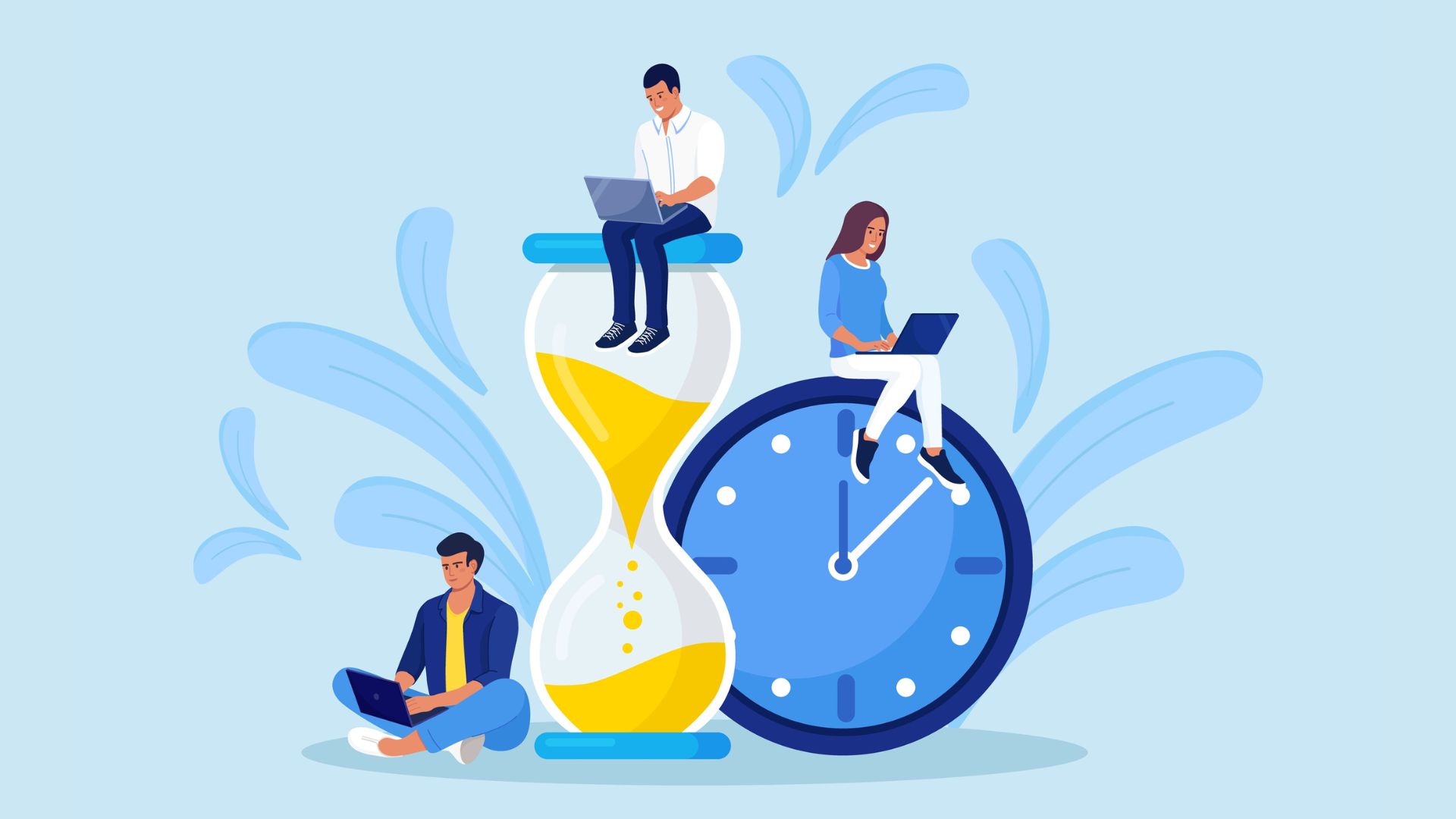Should you partner with a podcast network?
If you’ve got dreams of growing your podcast through a network partnership, there are definitely benefits but it’s important to know when that move makes sense, and when you’re better off going solo.
In this post, I explain what networks are looking for, how they work, and when you’ll get the most value out of the relationship.
Want help starting your podcast? Download my FREE ‘How To Start A Podcast’ guide.
Do you need a podcast network to succeed?
Short answer? Nope.
Plenty of podcasters build successful shows without ever partnering with a network.
In fact, if your show is still small (especially under 10,000 downloads per episode in Australia), a network won’t be able to bring you much value.
Networks are most valuable when they can help monetise and amplify an existing audience.
That means your best bet is to focus on growing your podcast first and think of partnering with a network when there’s an audience there to sell.
When will a network actually be interested?
If your show is doing 10,000+ downloads per episode, you’re in the ballpark of where you need to be for most Australian networks to start a conversation.
For US or UK networks, you’ll need more than that because the market size is much bigger.
If a network focuses on sponsorships they’re usually looking at local audiences because those are the people advertisers want to access.
A business in Australia doesn’t want to waste money marketing to a US listener who can’t buy their products and vice versa.
There are also a few different ways networks sell shows.
Sponsorships are where a client’s message is read by the host of the podcast.
These ads are personal and as a result, yield the highest CPM (cost per thousand downloads).
But there has to be strong audience and commercial demand for the host if these are going to sell.
There are other types of ads that can be sold by a network either internally or programatically that aren’t read by the host.
These are served dynamically, often across the whole network, and yield a much lower CPM.
The key takeaway is that none of this monetisation is possible without listeners and without a host that is appealing to commercial partners.
What benefits can a podcast network offer?
Once your show hits those download benchmarks, a good network can offer a lot of value, including:
Monetisation
They can sell ads on your behalf, including facilitating brand partnerships with clients you might not be able to secure on your own (think national brands with bigger budgets).
Additional revenue opportunities
Some networks offer talent deals where you voice ads for radio or podcast campaigns that can play out across their entire network.
This is another revenue stream that’s often off-limits to independents.
Promotion & marketing support
While a promotional ad for your podcast on an audio network won’t take you from 5 downloads to 50,000 downloads overnight, it can help with steady, incremental growth, especially if the network has other media channels like radio or PR that can help you get the word out.
Commercial pressure off your plate
If you don’t have the skills (or desire) to pitch your podcast to advertisers, a network’s sales team can take that off your hands and do it at scale.
What are networks looking for in a podcast?
It all comes back to one thing: audience.
If your show already exists, the audience they’ll be looking at is your podcast audience.
If they’re looking to start a new show from scratch and want hosts, they’ll be looking at the audience you’ve built on other platforms like YouTube, Instagram, or TikTok.
Networks want to know if they create a show with you there’s a high chance people will listen.
Or, if they bring your show on, there’s existing audience and commercial appetite in market which means they’ll be able to get it sold.
What are the different types of network deals?
Every network is different, but most partnerships fall into one of these three categories:
1. Original (full IP ownership)
The network owns the show and pays you a fee to host or be part of it.
These are usually shows the network has created and cast talent for.
2. Hybrid (production + revenue share)
You retain IP but the network handles production (editing, video, etc.) in exchange for a larger share of ad revenue to cover production costs.
These arrangements are usually reserved for existing shows with high download numbers that are looking for production support.
Or new shows with talent who have a significant audience on another platform that the network believes will translate across to a podcast.
3. Licensed (revenue share only)
You retain IP but you also do all the production and content creation.
The network sells the ads and you split the revenue, usually in a percentage that’s more in your favour than if they were also investing lots of high-level production assistance.
Some networks will also include light promotional support in this model as it’s in their best interest for your audience to grow so it’s attractive in market.
Is it worth it?
A good network partnership can take pressure off, unlock bigger commercial opportunities, and help you grow but only if you’ve got an existing audience there.
The goal shouldn’t just be to be under a network banner.
It should be to be in a partnership that’s beneficial for both sides.
If you’re still in audience-building mode? Keep doing what you’re doing.
And when you’ve built something that’s ready to monetise? That’s when it’s time to start a conversation (so hit me up!).
🎙️ Want to start a podcast but feeling overwhelmed?
Grab my free “How To Start A Podcast” guide or get step-by-step support inside my online course, PodSchool.
Got a question about podcasting? Send it my way so I can answer it on the podcast!



